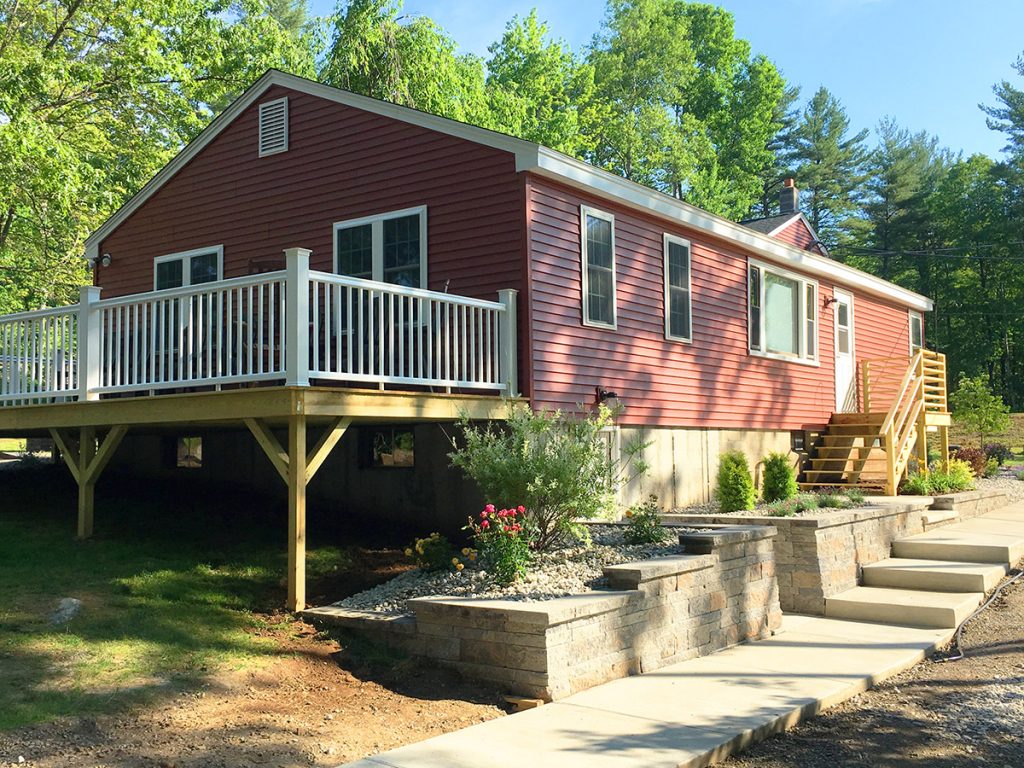
Holidays with loved ones can be a joy, but memory loss can create a lot of stress for everyone involved. You might be worried about an aging family member; children might be confused as to why a grandparent doesn’t seem as engaged as they expect; an elderly guest or host may be confused by all the unfamiliar activities. With a little planning, you can make decisions that create a holiday season that is safe and happy for everyone. Check out these tips to make your holiday visit a success:
Keep gatherings small
Love a big holiday party? Consider rescheduling while the family is in town. Even smaller gatherings of your friends may be confusing to an aging parent, who may be wondering if your friends are people they should know. By keeping gatherings to just family, someone with memory loss may be able to focus better on the people they do know, without being distracted or overwhelmed.
Resurrect old family traditions
While holidays can be stressful, family traditions can help connect an aging parent to older memories. Activities like cookie decorating, traditional foods, even tracking down that random old Christmas album you listened to on cassette, all can help spark memories.
Consider traveling to them
It can seem ideal for your parent to come to you, especially if you have work, kids, school, and other obligations to juggle around a busy holiday season. But with memory loss, familiar surroundings can be really helpful, so it might be worth the hassle of you bundling everyone up to visit your parents or in-laws rather than bringing them to you.
If you need them to come to you, consider how you can make your house accessible to them. If they’ve visited before, try to set them in the same room that they always stay in, and limit how much you move furniture around for the holiday. Familiarity can make the space more comfortable.
Make sure everyone has a quiet place to reset
Holidays can be overwhelming, and someone is bound to lose their patience at some point in time. One thing that can help is to ensure that there’s a space where people can go to have a few moments of quiet time when things get loud or confusing. This can be a challenge when you have visitors and may have a crowded house. If people are sharing rooms, consider offering up your master bedroom during the day as a go to “quiet zone”. If your aging family members are mobile, going on a quiet walk with you in the afternoon can give them a chance to relax and reset.
Offer regular reminders
When one part of a routine changes, it can be difficult to maintain the rest of it. Your aging parent may be proud of their independence, but a little help with things like medications, and even breaks to take a nap or have a snack can be helpful. If your house is large, consider adding a sign to the bathroom door or even posting a label with an arrow pointing the right direction so that they find their way around more easily.
Putting a little time into planning your holiday gatherings can help to ensure that your family get together is a time of joy and togetherness, rather than stress.





